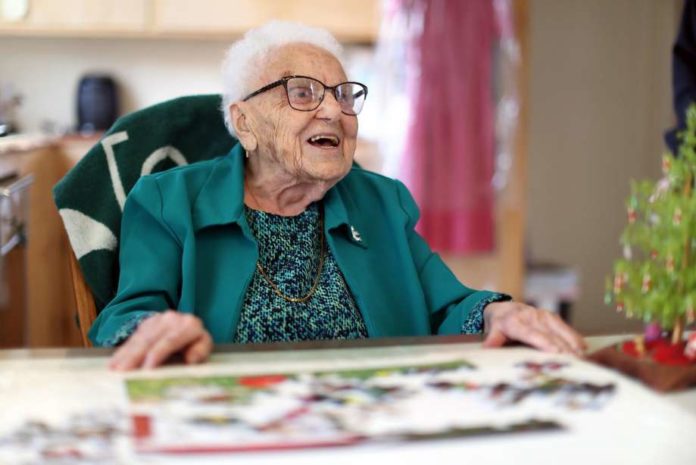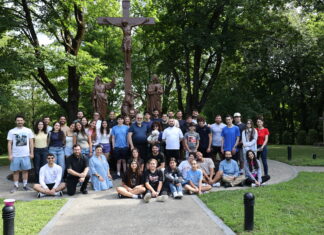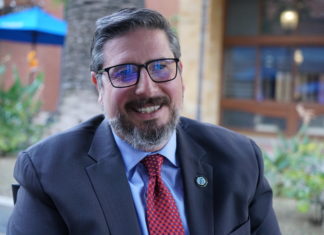SAN FRANCISCO (San Francisco Chronicle) — Lucy Mirigian is 111 and very much alive, no matter what the U.S. government says.
She was working a jigsaw puzzle in her San Francisco home this week and said that you really do need to be alive in order to solve one.
“I’m old but I’m not stupid,” she said, seated at her kitchen table and connecting two puzzle pieces to make a picture of a dog. “People expect old people to be stupid. That’s not me.”
Mirigian likes solving jigsaw puzzles almost as much as she dislikes people telling her she’s dead.
In November, the government agency that administers her federal pension decided that Mirigian was dead because she had not returned a form letter saying she wasn’t. Mirigian said the letter never arrived. The result: the government stopped sending Mirigian her monthly pension of $377.26. Her health insurance was about to be cut off, too.








